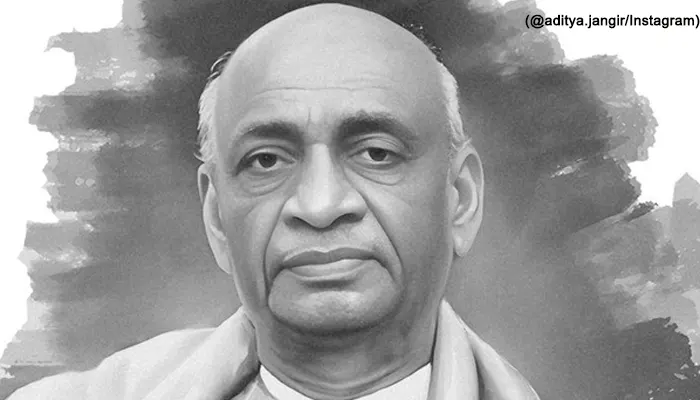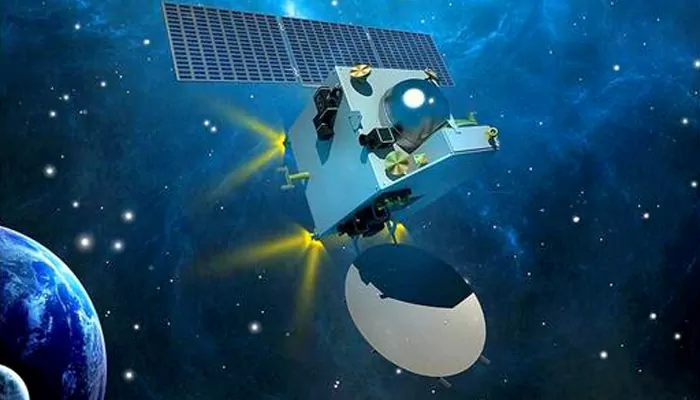Debunking AI Myths: Jobs vs AI - The Truth Might Surprise You
- Soham Halder
- 5 months ago
- 4 minutes read

Humans vs AI? It’s not a war, it’s a partnership!
Panic related to invasion of AI in job market Is real—But is it justified? In coffee breaks, boardrooms, or online forums, there's a growing buzz: “AI will replace us all!” But let’s hit the pause button and understand the reality. Artificial Intelligence (AI) isn’t that boogeyman as it's projected. Yes, AI is rapidly evolving—but does that mean your job is on the chopping block?
Short answer: No. Long answer? Let’s debunk the biggest myths around AI and job loss.
Myth 1: AI Will Replace Every Human Job
Reality: AI is replacing tasks, not people.
AI is simply brilliant at automation, but mostly for repetitive and data-heavy tasks—think about inventory tracking, invoice processing, or sorting emails. In most industries, AI is being used to augment human roles, not eliminate them. For instance, in Indian hospitals, AI helps doctors to read X-rays faster—but it can’t replace their clinical judgment. In banks and financial services, chatbots handle basic queries, freeing up staff to focus on complex customer needs.
Remember, human creativity, emotional intelligence, and decision-making abilities still matter—and they always will.

Myth 2: AI Will Destroy Jobs Faster Than It Creates Them
Reality: New roles are emerging—faster than you think.
A report by NASSCOM and World Economic Forum predicts India is expected to add 20 lakh new jobs in AI and data science by 2027. Yes, some jobs will definitely fade out, but many new ones are forming everyday—prompt engineers, data annotators, AI ethicists, machine learning trainers, and so on. These roles didn’t exist a decade ago!
Never confuse job transformation with job destruction. The industrial revolution gave us engineers, now the AI revolution is giving us digital collaborators.

Myth 3: You Need a Tech Background to Survive the AI Wave
Reality: Soft skills along with tech awareness is the ultimate winning formula.
You don’t have to learn coding overnight. What you need is AI literacy—basic awareness of how the new tools work—and strong human-centric skills like critical thinking, storytelling, empathy, and creativity. Currently, AI tools like ChatGPT, Midjourney, and Canva are empowering content creators, marketers, teachers, and entrepreneurs to scale up their work, not to replace them.
If you can adapt wisely, you will be able to thrive.

Myth 4: AI Will Hit India’s Blue-Collar Jobs the Hardest
Reality: Automation is slower where human context matters
Undeniablly, automation has indeed entered sectors like manufacturing and logistics. But, most blue-collar roles in India involve a high degree of real-world problem-solving, negotiation, or mobility—these things AI won't be able to easily replicate.
From electricians and plumbers to delivery agents and drivers, Indian workers often deal in unpredictable environments. That means AI will be used more as a supportive tool than a replacement.
So, What Should You Do?

Upskill, Don’t Uproot
Whether you're in education, finance, media, or logistics—learn how AI impacts (or upgrade) your field. Enroll in short courses on to get certifications.
Build Adaptability and Curiosity
Always stay curious and ask yourself “How can I use AI to become more efficient?” rather than “Will AI take my job?”
Leverage AI, Don’t Compete With It
Treat AI like a tool only, not your rival. If use them wisely, they can amplify your productivity, help you automate mundane tasks, and allow you to focus on those work that truly adds value.

Eye-opening Statistics
$19.9 trillion will be pumped into the economy by 2030 due to AI (IDC Research)
AI will contribute 3.5% to global GDP by 2030 (IDC Research)
23% of current jobs are expected to change by 2027 (Statista)
69 million new jobs are expected to be created after the AI transition (Statista)
Are you still worried about your job? Or are you excited to AI-proof your career?
Broadly, It's not humans vs AI—it's humans with AI. Like every major technological shift in history, AI will definitely displace some roles, but create many more—particularly for people willing to evolve.
So, instead of fearing about AI taking over jobs, it’s the ideal time to rethink, reskill, and reimagine your role in the AI-powered workplace of tomorrow. Remember, AI doesn’t have ambition, empathy, or purpose—you do.



.webp)

.webp)






